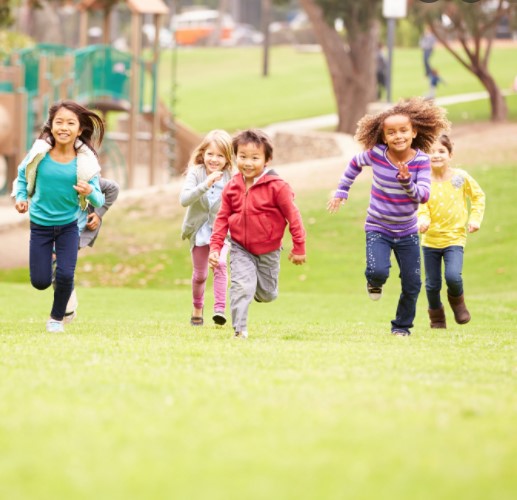The Benefits of Outdoor Learning For Children
The great outdoors gives children the freedom to explore and allows space for their imaginations to run wild. Whilst classroom learning of course has its place in the education system, the unstructured nature of outdoor education provides a plethora of benefits for the developing child. To discover some of the ways outdoor learning can boost your child’s education, take a look at the following insights from an independent school in Somerset.
Appeals to Different Learning Styles
Outdoor learning allows children to activate all of their senses, meaning every type of learner can be engaged. Kinaesthetic learners will particularly benefit from learning outside, as they have the opportunity to use their bodies in a way that can’t be replicated within a traditional classroom setting.
Connects Children With Nature
It has never been more important for children to develop feelings of respect and responsibility towards the environment. Outdoor learning gives children hands-on experience with nature, developing an affinity towards the natural world and teaching them the importance of protecting plants and wildlife.
Develops Gross Motor Skills
Classroom learning is well equipped for developing a child’s fine motor skills, but gross motor skills are just as important. The outdoors give children the space to activate their larger muscle groups through running, jumping and climbing.
Improves Health & Wellbeing
It will come as no surprise that the exercise that comes with learning outdoors will benefit a child’s physical health. However, mental health has also shown to improve the more time a child spends engaged with outdoor learning. Movement releases feel-good hormones such as dopamine, and being outside in the sunlight will ensure that your child gets their daily dose of mood-boosting vitamin D.
Nurtures Creativity
Outdoor play is generally less structured than classroom activities. Children are able to exercise their imaginations whilst engaging with their surroundings, developing their decision-making skills and creativity. Imaginative play is an important method for forming critical thinking skills and allows children to exercise more independence and individual thought.


How to Keep Your Little One Entertained and Develop Their Fine Motor Skills too!
How To Get Your Child (and yourself!) Ready For Nursery